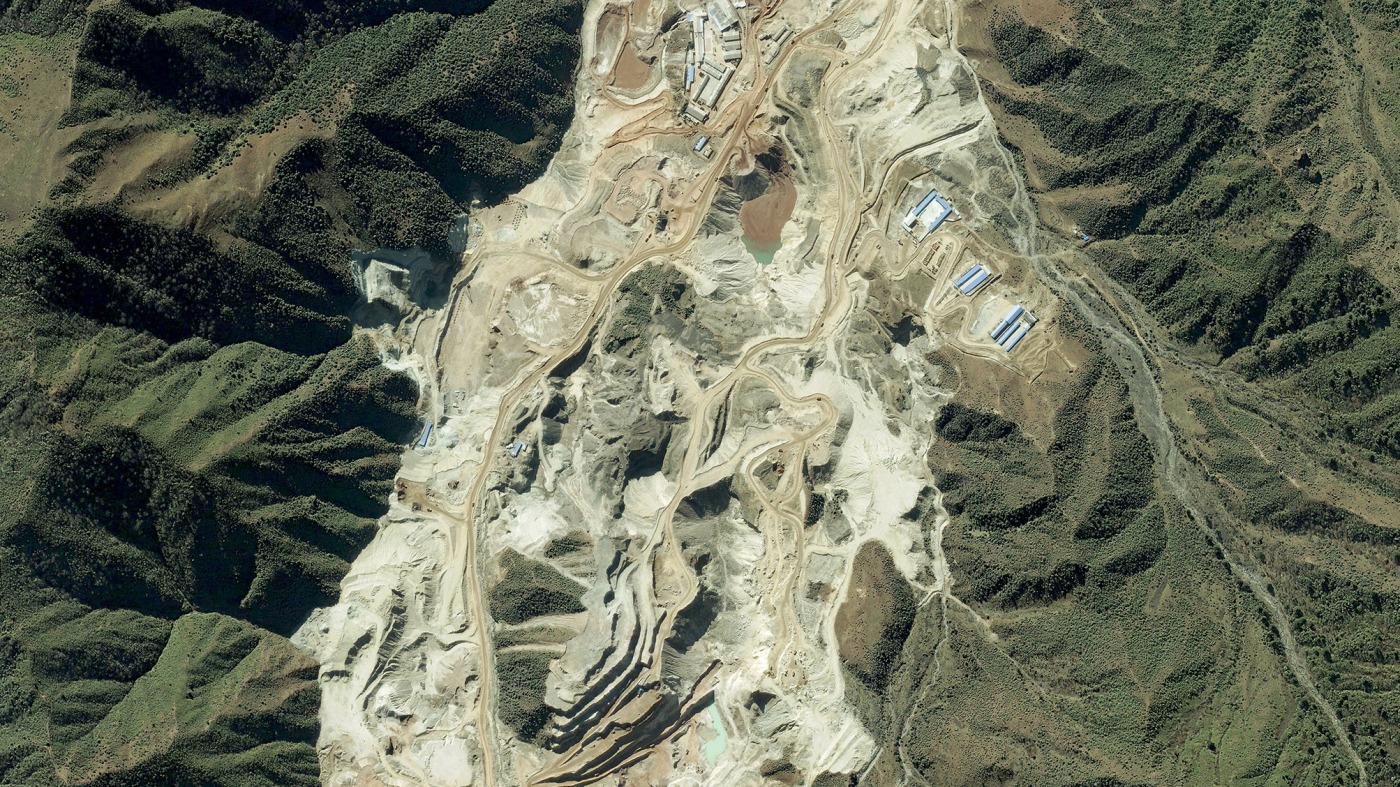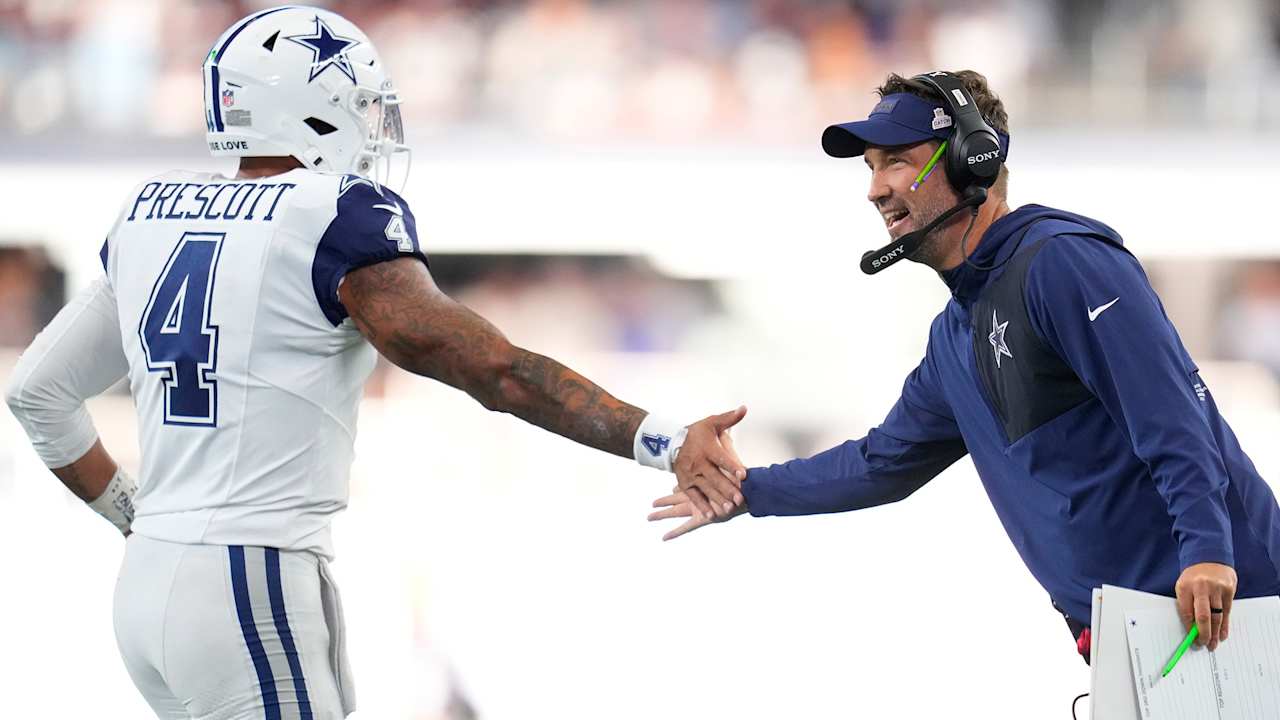Chinese Stock Market Drops After Military Parade

Introduction
The Chinese stock market experienced a significant drop on Monday, with the Shanghai Composite Index falling by 4.3%. This marks the largest single-day decline in five months and comes after President Xi Jinping's landmark military parade in Beijing. The parade celebrated China's victory over Japan in World War II and showcased its growing military strength. Many analysts believe that this event, combined with other economic factors, may have contributed to the market's downward trend.
Market Analysis
The drop in Chinese stocks can be attributed to a combination of factors, including concerns over the country's slowing economic growth and the continued devaluation of the yuan. Additionally, the recent turmoil in global markets, particularly in the US and Europe, has also had an impact on Chinese stocks. This decline is also a reflection of the ongoing trade tensions between China and the US, with the two countries imposing tariffs on each other's goods.
Implications
The slump in Chinese stocks has raised concerns among investors and policymakers about the stability of the country's economy. This could also have a ripple effect on global markets, as China is the world's second-largest economy. As China continues to navigate through various economic challenges and trade disputes, it is important for investors to closely monitor the situation and make informed decisions to mitigate any potential risks. In the long term, it will be crucial for China to take effective measures to
About the People Mentioned
Xi Jinping
Xi Jinping is a prominent Chinese politician born on June 15, 1953, in Fuping, Shaanxi Province. He is the son of Xi Zhongxun, a veteran of the Chinese Communist Party (CCP). During the Cultural Revolution, Xi was sent to rural Yanchuan County, Shaanxi, where he eventually joined the CCP in 1974. He studied chemical engineering at Tsinghua University as a worker-peasant-soldier student and later earned a Doctor of Law degree from the university through an in-service graduate program in Marxist theory and ideological and political education[1][5]. Xi rose through the ranks of the CCP, serving as governor of Fujian from 1999 to 2002 and then as governor and party secretary of Zhejiang from 2002 to 2007. He briefly served as the party secretary of Shanghai in 2007 before joining the Politburo Standing Committee the same year. In 2012, he became the general secretary of the CCP and chairman of the Central Military Commission, marking the beginning of his tenure as China's paramount leader. Since 2013, Xi has also held the position of President of the People's Republic of China[1][3]. Under Xi's leadership, China has made significant strides in reducing poverty and curbing corruption. He has been praised for his efforts in these areas, which were highlighted in a historical resolution passed by the CCP in 2021[3]. Recent developments include Xi's re-election to a third term as general secretary of the CCP in October 2022 and his third term as president of China in March 2023, following constitutional changes that removed term limits for the presidency[3]. Xi's influence has been further solidified by the composition of the 20th Politburo Standing Committee, which consists of his loyalists[3].


















